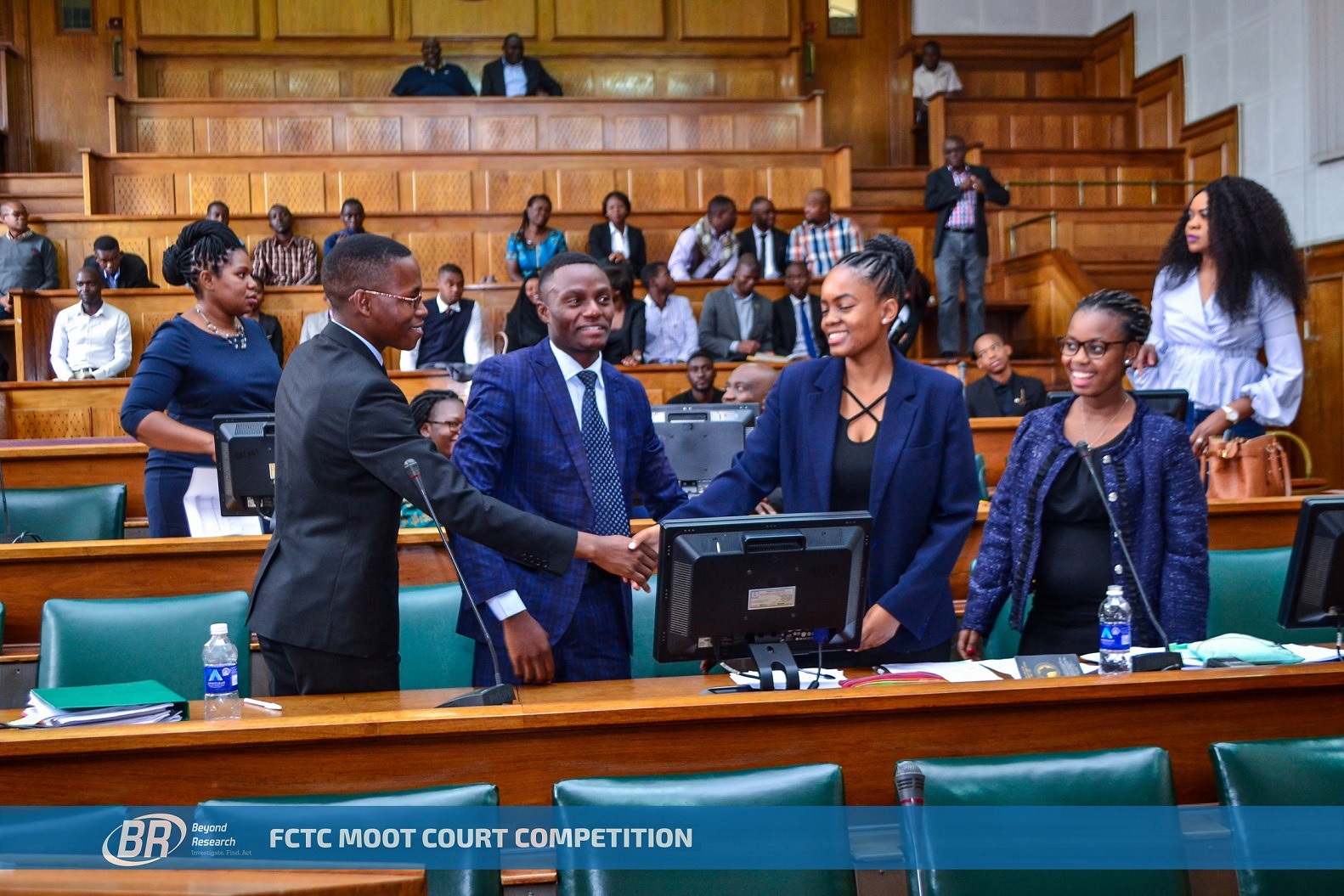By Kudakwashe Vhenge
The Institute of Community Development Zimbabwe (ICODZim) will next week hold a moot competition.
The country’s top universities law departments will debate on the gaps within the country’s legal frameworks hindering women living with disabilities from accessing justice.
The competition which will be held at the Great Zimbabwe University’s Herbert Chitepo Law School will feature law students from Ezekiel Guti University, University of Zimbabwe, Midlands State University as well as Great Zimbabwe University itself.
Females living with disabilities in Zimbabwe face high risk of sexual violence as they find it difficult to flee due to restricted mobility. Those who are deaf or hard of hearing may not call for help or easily communicate abuses or may be more susceptible to violent attacks.
This also cascades down to the delivery of justice whenever their cases are brought before the courts.
This is because they lack legal representation as well as communication aids such as sign language interpreters and braille materials which enables adequate communication during trial.
In an interview with Bustop TV, ICODZim programs officer, Nyaradzo Mutande highlighted that the idea of a moot competition was influenced by the problems that were identified in their organization’s problem analysis which they developed centered on issues to do with access to sexual reproductive health services.
“This competition came after the realization that women with disabilities still face numerous barriers such as communication barriers, distance barriers, attitudinal barriers and building barriers as many social service facilities have stairs but do not have elevators and ramps. This has hindered them from accessing sexual reproductive health services at health facilities.
“The main reason is to unravel and bring to attention the sad, uncouth and uncivilized reality that even after the Beijing conference, 41 years of Independence and an amended Constitution, women with disabilities are still not getting fair access to justice and their sexual health rights are severely compromised,” she said.
Mutande added that as an organization, they recently stepped up efforts to increase the recognition and uptake of sexual reproductive health services by women and girls with disabilities.
“As an organization, we have designed a project to promote the uptake and access of Sexual Reproductive Health Rights Services by women and girls with disabilities. 7 months into the project now ICODZim discovered that women with disabilities suffer from sexual violence and abuses but most of their cases go unreported and in most cases do not receive fair justice because law officers stigmatize and stereotype them.
“One other major challenge which barricade women with disabilities from fully enjoying their constitutionally granted rights to health services and justice is poor inconsistent policies”.
A first of its kind, the moot competition will stir efforts by ICODZim to empower, promote and protect the rights of women including young women with disabilities through creating platforms for engagement, dialogue, advocacy, lobby, networking and capacity building.
The event will be attended by other women with disabilities such as those with visual impairments, physically handicapped and the deaf who will be aided with sign language and other communication aides.
The organization reiterated its commitment in lobbying, advocating and championing the rights and fair opportunities for people especially women with disabilities.
Persons living with disabilities in Zimbabwe are an estimated to be around 7% of the population, however they remain invisible in all levels of society and face numerous challenges in accessing healthcare, jobs, education, and justice.
Moreover, women and girls living with disabilities particularly suffer discrimination due to their marginalized gender.
According to United Nations, one in five women in Zimbabwe live with disabilities but the figure may be much higher.
